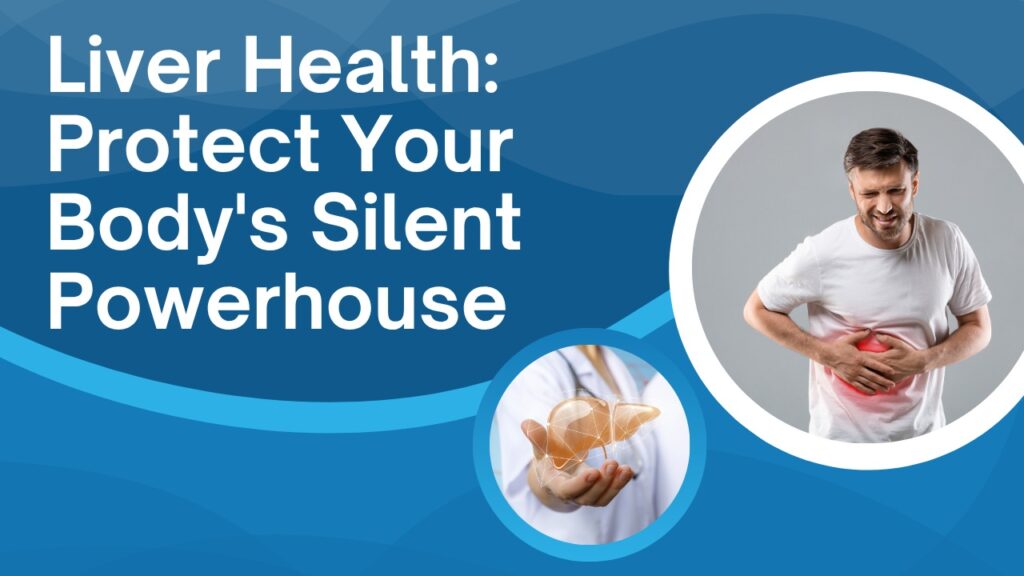The liver is one of the most important yet often ignored organs in the human body. While organs like the heart and brain usually get more attention, the liver works silently and tirelessly behind the scenes. It plays a major role in keeping the body balanced and healthy every day.
This powerful organ is responsible for over 500 functions, including detoxifying harmful substances, supporting metabolism, and storing essential nutrients. It also helps in breaking down fats, producing bile, and regulating blood sugar levels. Its role in immune support makes it essential for fighting infections and maintaining energy levels.
Understanding liver health is very important for overall well-being. Taking care of your liver can help prevent serious conditions such as fatty liver disease, hepatitis, and liver failure. A healthy diet, regular exercise, and avoiding excessive alcohol are simple ways to support good liver health and enjoy a better quality of life.
Introduction to Liver Function
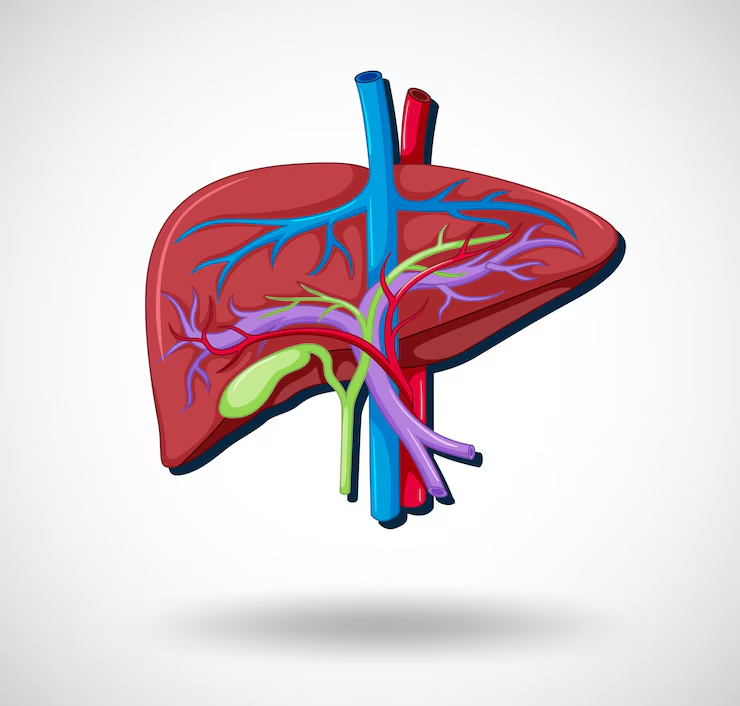
The liver, a reddish-brown, football-sized organ located in the upper right abdomen, is the body’s largest internal organ. Its tasks are vast and essential:
Detoxification: The liver plays a vital role in filtering harmful substances from the bloodstream. It removes toxins such as alcohol, drugs, and environmental pollutants, helping to keep the body clean and functioning well. Good liver health ensures this detox process runs smoothly.
Metabolism: The liver helps break down and process nutrients from the food we eat. It converts excess glucose into glycogen for energy storage and also aids in metabolizing fats and proteins. This function is essential for balanced liver health and energy regulation.
Bile Production: The liver produces bile, a digestive fluid that helps break down fats in the digestive system. Bile also helps the body absorb important fat-soluble vitamins like A, D, E, and K, supporting overall liver health and nutrition.
Storage: The liver stores essential nutrients such as vitamins, minerals, and glycogen. These reserves are used by the body as needed, contributing to proper liver health and energy balance.
Immune Function: The liver contains special immune cells called Kupffer cells, which help destroy harmful bacteria, viruses, and worn-out red blood cells. This immune support is an important part of maintaining strong liver health.
Synthesis of Blood Proteins: The liver creates important proteins like albumin, which helps maintain fluid balance, and clotting factors that stop bleeding. These functions highlight the need for good liver health in maintaining overall wellness.
Clearly, a healthy liver is non-negotiable. But with the rise in processed foods, alcohol consumption, obesity, and sedentary lifestyles, liver diseases are becoming increasingly common.
Common Liver Diseases
Understanding the spectrum of liver diseases is the first step toward prevention and management.
Fatty Liver Disease (Hepatic Steatosis)
This condition occurs when fat builds up in liver cells. It comes in two main forms:
Non-Alcoholic Fatty Liver Disease (NAFLD): This condition occurs when fat builds up in the liver without alcohol being the cause. It is most commonly seen in people who are overweight, have type 2 diabetes, or suffer from metabolic syndrome. If not managed, NAFLD can lead to serious liver damage over time. Maintaining good liver health through a healthy diet and regular exercise is important to prevent or control this condition.
Alcoholic Fatty Liver Disease: This type of liver disease results from drinking too much alcohol over time. The excess alcohol causes fat to accumulate in the liver, leading to inflammation and damage. Continued alcohol abuse can worsen the condition and lead to cirrhosis or liver failure. Supporting liver health by limiting alcohol intake is key to avoiding this serious condition.
If left untreated, fatty liver can progress to inflammation, fibrosis, or even cirrhosis.
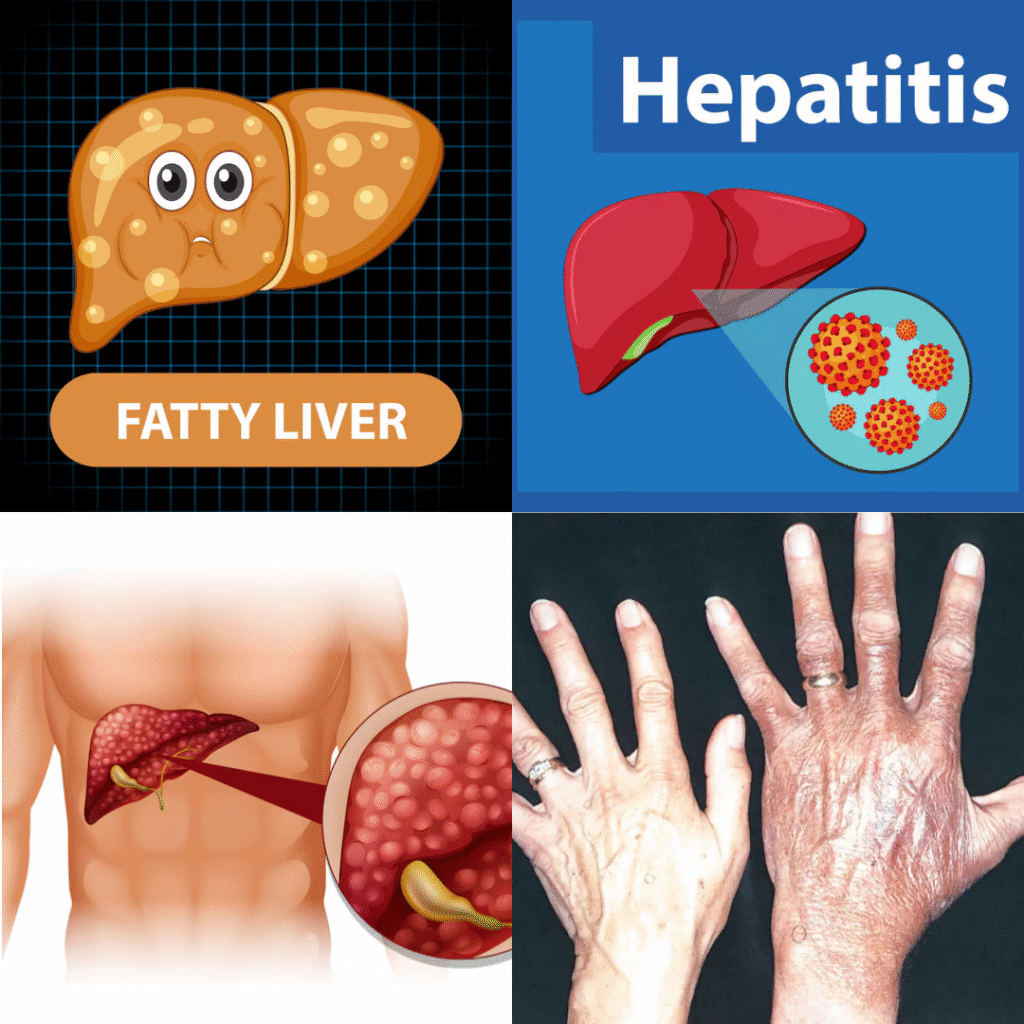
Hepatitis
Hepatitis A, B, C, D, E: These are viral infections that cause inflammation of the liver. They can be transmitted in different ways, including through contaminated food or water (Hepatitis A and E), or through blood and body fluids (Hepatitis B, C, and D). These infections can affect the liver’s ability to function properly. Protecting yourself from these viruses is an important part of maintaining strong liver health.
Chronic Hepatitis (especially B and C): When hepatitis B or C becomes long-term, it can cause lasting damage to the liver. Over time, this may lead to serious conditions like cirrhosis (scarring of the liver) or liver cancer. Early detection, proper treatment, and lifestyle changes are essential to control the infection and support liver health for the long term.
Cirrhosis
Cirrhosis is a serious condition where healthy liver tissue is replaced with scar tissue due to long-term damage. This scarring blocks the liver’s ability to function properly. Common causes include chronic alcohol use, hepatitis infections, and non-alcoholic fatty liver disease (NAFLD). Unfortunately, cirrhosis is irreversible and can eventually lead to liver failure. Supporting liver health early can help prevent this serious outcome.
Liver Cancer
Liver cancer can either begin in the liver (primary) or spread from other parts of the body (secondary). The most common type of primary liver cancer is hepatocellular carcinoma (HCC), which usually develops in people with chronic hepatitis or cirrhosis. Regular checkups and managing risk factors are important steps in protecting liver health and reducing the risk of liver cancer.
Hemochromatosis and Wilson’s Disease
These are inherited conditions that affect how the liver handles minerals. Hemochromatosis causes too much iron to build up in the body, while Wilson’s disease leads to excessive copper storage. Both can damage the liver if untreated. Early diagnosis and treatment are essential for maintaining good liver health and preventing complications.
Signs and Symptoms of Liver Trouble
Liver disease is often called a “silent” condition because symptoms may not appear until significant damage has occurred. Early signs include:
Fatigue and weakness
Jaundice (yellowing of the skin and eyes)
Abdominal pain or swelling
Dark urine or pale stools
Loss of appetite and weight loss
Easy bruising or bleeding
Itchy skin
Swelling in legs or ankles
If you experience any of these symptoms persistently, seek medical attention for proper diagnosis.
Diagnosing Liver Problems
Liver issues are diagnosed using a combination of medical history, physical exams, blood tests, and imaging studies:
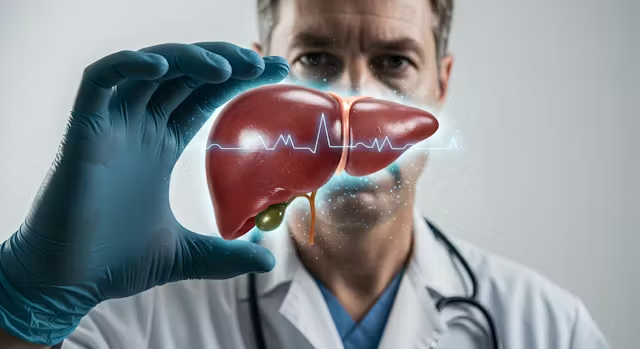
Liver Function Tests (LFTs): These blood tests check the levels of certain enzymes, proteins, and bilirubin in your blood to see how well the liver is working. Abnormal results can be an early sign of liver problems. Regular LFTs are useful for tracking liver health and catching issues before they become serious.
Ultrasound, CT Scan, or MRI: These imaging tests allow doctors to see the liver’s size, shape, and structure. They help detect abnormalities such as tumors, cysts, or blockages in the bile ducts. These scans are important tools in monitoring liver health and diagnosing underlying conditions.
Liver Biopsy: In this test, a small sample of liver tissue is taken with a needle and examined under a microscope. It helps doctors determine the degree of liver damage or disease, such as inflammation, fibrosis, or cancer. It provides clear insights into liver health when blood or imaging tests are not enough.
FibroScan: This is a painless, non-invasive test that uses ultrasound technology to measure the stiffness of the liver. Increased stiffness can be a sign of fibrosis or cirrhosis. FibroScan is commonly used to evaluate liver health in people with chronic liver conditions without needing a biopsy.
How to Maintain a Healthy Liver
Liver health is largely in your hands. These lifestyle and dietary habits can protect and even rejuvenate liver function.
Eat a Balanced Diet
Eating a balanced diet is one of the most important steps you can take to support liver health. The liver processes everything you eat and drink, so giving it the right nutrients helps it work better and stay healthy.
A good diet should include plenty of fruits, vegetables, whole grains, lean proteins, and healthy fats. These foods provide the vitamins and minerals the liver needs to perform essential functions like detoxification and metabolism. Avoiding processed foods, added sugars, and unhealthy fats can also reduce the risk of liver problems.
Maintaining a healthy weight through proper eating habits is also key to liver health. Being overweight can lead to fat buildup in the liver, which may develop into fatty liver disease over time.

Include: Vegetables, fruits, lean proteins, whole grains, nuts, and seeds.
Limit: Processed foods, fried items, added sugars, and saturated fats.
Foods especially beneficial for the liver:
Cruciferous vegetables (broccoli, Brussels sprouts): Improve detox enzymes.
Garlic and onions: Rich in sulfur compounds that aid detoxification.
Green tea: Contains catechins that support liver function.
Coffee: Studies show moderate coffee intake may lower liver enzyme levels and reduce liver fibrosis risk.
Exercise Regularly
Engaging in regular physical activity is one of the most effective ways to support liver health. Experts recommend at least 150 minutes of moderate-intensity exercise each week, such as brisk walking, swimming, or cycling. Physical activity helps reduce excess fat stored in the liver, lowers insulin resistance, and assists in maintaining a healthy body weight. These benefits not only improve energy levels but also reduce the risk of liver diseases like non-alcoholic fatty liver disease (NAFLD), promoting long-term liver health.
Maintain a Healthy Weight
Maintaining a healthy body weight is essential for preventing liver damage. Obesity and excess belly fat are strongly linked to NAFLD, which can lead to inflammation, scarring, and liver failure if untreated. Losing just 5–10% of body weight can significantly reduce liver fat and inflammation, improving overall liver function. Focusing on healthy eating and consistent physical activity can greatly enhance liver health over time.
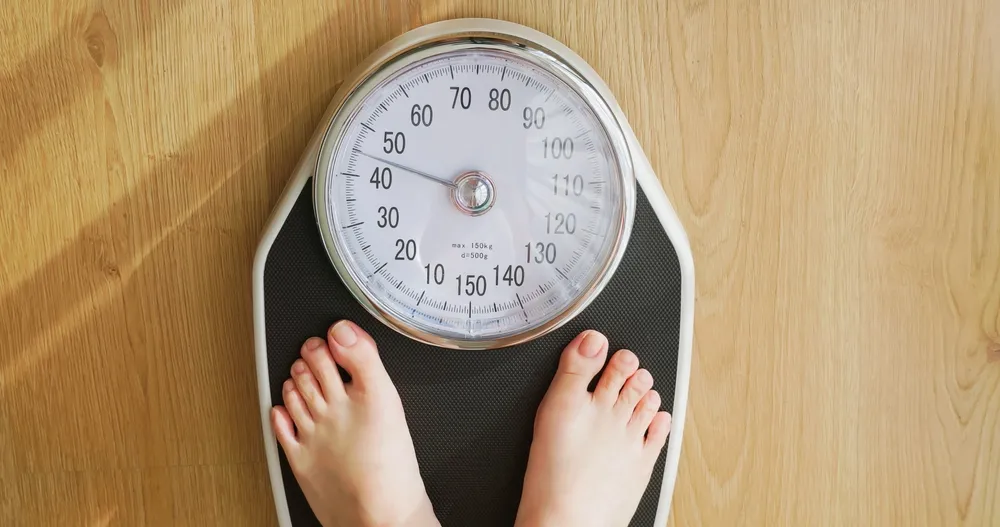
Avoid Toxins
The liver works hard to process and eliminate harmful substances from the body. Exposure to environmental toxins such as household cleaning chemicals, insecticides, and cigarette smoke can harm liver cells and increase the risk of liver disease. Always use these products with caution, follow safety instructions, and avoid direct contact or inhalation. Reducing toxic exposure is an important step in protecting and maintaining long-term liver health.
Limit Alcohol Consumption
The liver can only process a limited amount of alcohol at a time. Drinking excessively overwhelms its ability to filter toxins, leading to fat buildup, inflammation, and permanent scarring (cirrhosis). For improved liver health, women should not exceed one drink per day and men should limit themselves to two. People with liver conditions or high risk factors should avoid alcohol completely to protect liver function.
Be Cautious with Medications
Many medications, especially over-the-counter pain relievers like acetaminophen (paracetamol), can cause liver damage if taken in large amounts or mixed with alcohol. Some herbal supplements can also be harmful to the liver. To support liver health, always read labels carefully, follow dosage instructions, and consult a healthcare provider before combining medicines or using new supplements.
Vaccinate Against Hepatitis
Hepatitis A and B are viral infections that can cause serious liver damage. Vaccinations are available and highly effective at preventing these infections. Since chronic hepatitis B, in particular, can lead to cirrhosis or liver cancer, getting vaccinated is a smart and proactive way to protect your liver health and avoid long-term complications.
Stay Hydrated
Drinking enough water throughout the day is essential for keeping the liver functioning properly. Water helps flush out toxins, improves circulation, and aids digestion, all of which support the liver’s detoxification role. Staying well-hydrated is one of the simplest and most effective habits you can follow for better liver health and overall wellness.
Natural Supplements and Remedies for Liver Health
Some herbs and natural compounds have shown promise in supporting liver function:
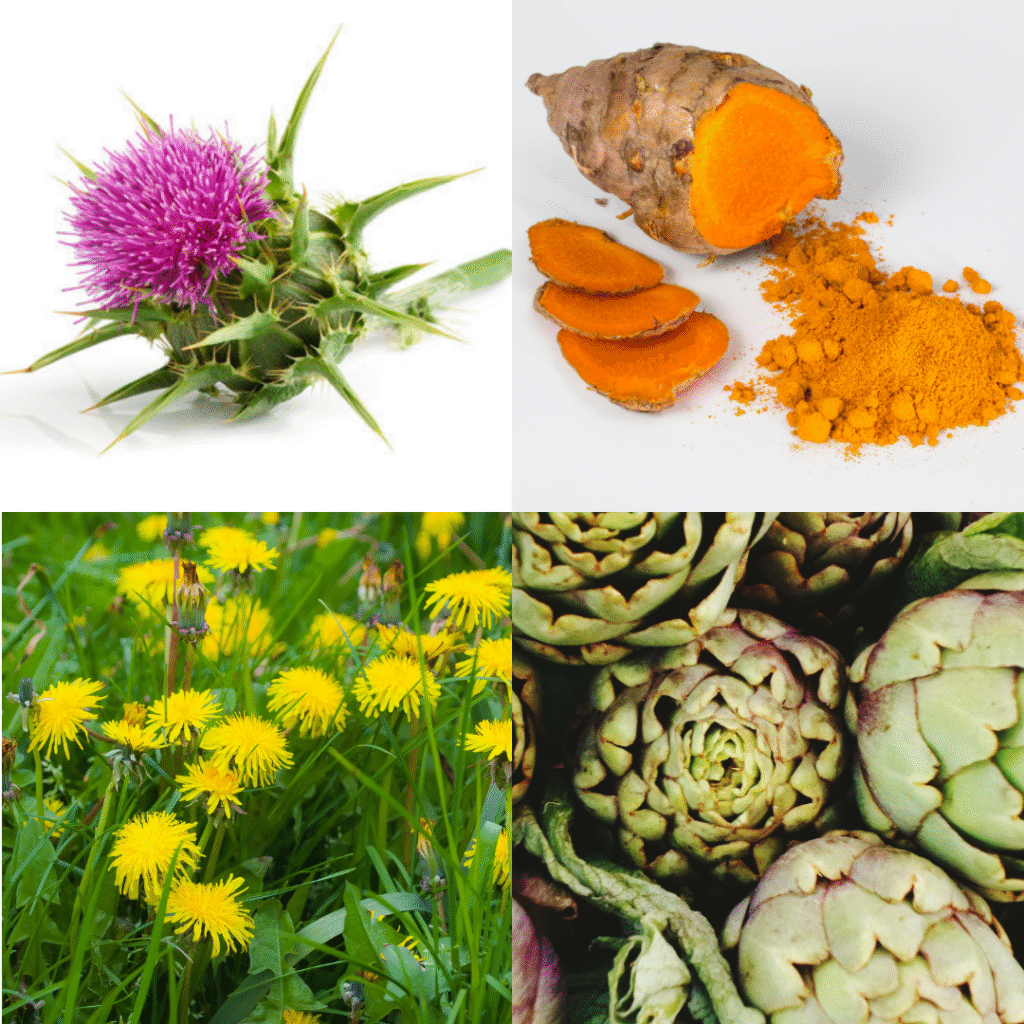
Milk Thistle (Silymarin): Milk thistle is a well-known herbal supplement often used to support liver health. Its active compound, silymarin, has strong antioxidant properties that help protect liver cells from damage caused by toxins, alcohol, or free radicals. In addition to shielding the liver, silymarin may also support the regeneration of liver tissue, making it useful for those recovering from liver stress or injury. Regular use of milk thistle is believed to promote better overall liver health.
Turmeric (Curcumin): Turmeric contains curcumin, a natural compound with powerful anti-inflammatory and antioxidant effects. Curcumin may help reduce inflammation in the liver and protect it from oxidative stress. This can be particularly beneficial in conditions like fatty liver disease or hepatitis. Supporting liver function with turmeric can enhance detoxification and promote long-term liver health when combined with a healthy lifestyle.
Dandelion Root: Dandelion root has long been used in traditional medicine for its liver-supporting qualities. It is believed to stimulate bile production, which helps the liver break down fats and remove waste more effectively. Dandelion root may also help the body eliminate toxins and support overall digestive health. Including it in your wellness routine can aid natural detox processes and improve liver health.
Artichoke Leaf: Artichoke leaf extract is commonly used to support healthy digestion and protect liver cells. It may help regenerate damaged liver tissue and increase bile flow, which is essential for the digestion of fats. By improving bile production and reducing oxidative stress, artichoke leaf can contribute to better liver health and overall digestive wellness.
Caution: Always consult a healthcare provider before starting supplements, especially if you have liver disease or take medications.
Liver Health Across Different Life Stages
Children and Adolescents
Childhood obesity is on the rise, increasing the risk of early-onset non-alcoholic fatty liver disease (NAFLD). Excess weight, especially around the belly, can lead to fat buildup in the liver, causing inflammation and damage, which affects liver health.
To promote better liver health, encourage physical activity, healthy meals, and limit sugary snacks and sodas. A balanced diet with more fruits, vegetables, and whole grains, combined with regular exercise, can help prevent liver issues and support long-term well-being.
Adults
This group is particularly at risk due to lifestyle factors such as poor diet, excessive alcohol consumption, and high levels of stress. These habits can negatively impact liver health, leading to conditions like fatty liver disease or liver damage over time.
To support liver health and detect potential issues early, it’s important to have annual check-ups and routine blood tests. Regular monitoring can help identify problems before they become serious, ensuring better liver function and overall well-being.
Seniors
As we age, the liver naturally shrinks, and blood flow decreases, which can reduce its efficiency in processing nutrients and detoxifying the body. This decline in function can impact overall liver health, making it more vulnerable to damage.
Additionally, polypharmacy, or the use of multiple medications, increases the liver’s workload. This can lead to a higher risk of drug-induced liver injury, especially if medications are not properly managed. Maintaining good liver health becomes even more important with age, and regular monitoring can help prevent complications.
The Liver’s Ability to Regenerate
One of the most remarkable aspects of the liver is its incredible ability to regenerate. Even if up to 70% of the liver is removed or damaged, the liver has the potential to grow back to its original size and restore its functions, provided that the remaining liver tissue is still healthy. This regenerative power is a vital part of maintaining long-term liver health, as it allows the liver to recover from injury or surgery.
However, this regenerative capacity is not without limits. Continuous damage from poor lifestyle choices, such as excessive alcohol consumption, unhealthy eating, or lack of exercise, can place tremendous stress on the liver. Over time, chronic diseases like hepatitis or non-alcoholic fatty liver disease (NAFLD) can overwhelm the liver’s ability to heal itself. Eventually, this ongoing damage can lead to irreversible harm, such as cirrhosis or liver failure. To maintain optimal liver health, it is essential to avoid habits that cause long-term damage and support the liver’s natural regenerative abilities through a healthy lifestyle.
When Liver Transplant Becomes Necessary
In severe cases of liver failure, a liver transplant may become the only viable option for survival. Conditions such as cirrhosis, acute liver failure, or advanced liver cancer can cause the liver to stop functioning properly, leaving no other alternatives. When the liver becomes non-functional, a transplant is often the last resort to save a patient’s life.
However, undergoing a liver transplant is a major medical procedure with significant risks, both during surgery and in the years that follow. The procedure requires lifelong medication to prevent rejection of the new liver, and there are also potential complications, such as infection or organ rejection. While a liver transplant can be life-saving for many, it is not without challenges, making the best approach one of prevention. Taking proactive steps to care for your liver — such as maintaining a healthy diet, avoiding toxins, and limiting alcohol consumption — is crucial in ensuring optimal liver health and preventing the need for such a drastic measure.
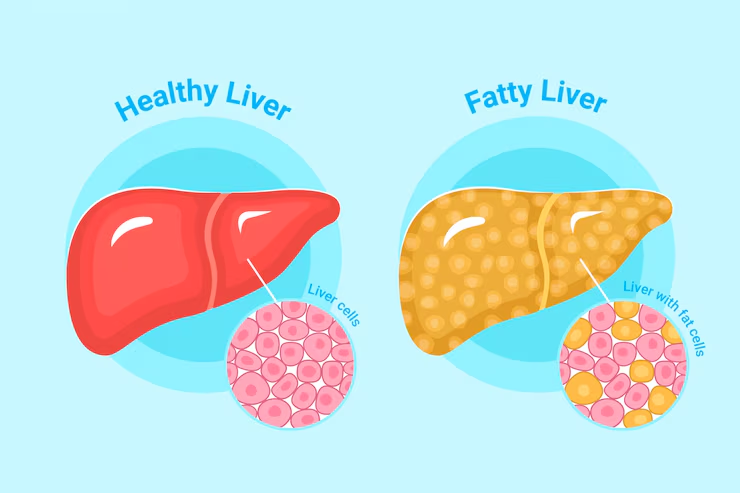
Conclusion
Liver health is a cornerstone of overall wellness, influencing everything from metabolism and immunity to energy levels and detoxification. This vital organ works tirelessly behind the scenes, often without symptoms until serious damage has occurred. Fortunately, maintaining liver health is largely within your control. A balanced diet, regular physical activity, moderate or no alcohol intake, and staying up to date with vaccinations and screenings can dramatically reduce your risk of liver disease.
Avoiding harmful substances, being cautious with medications, and managing weight also play a key role in protecting your liver. While the liver’s incredible ability to regenerate offers hope even after damage, prevention remains the most effective and empowering approach. By caring for your liver daily, you invest in a healthier, longer life. Remember, a healthy liver means a healthier you—so start making liver-friendly choices today. Your body, your future, and your well-being all depend on it.
FAQs
- What are the early signs of liver problems ?
Early symptoms include fatigue, jaundice (yellowing of skin and eyes), abdominal pain, dark urine, pale stools, and unexplained weight loss. Many liver issues are silent initially, so regular check-ups are important. - How can I keep my liver healthy ?
Maintain a balanced diet rich in fruits and vegetables, exercise regularly, limit alcohol consumption, avoid toxins, manage weight, and get vaccinated against hepatitis A and B. - Can the liver repair itself after damage ?
Yes, the liver has a remarkable ability to regenerate, even after significant injury, but this ability is limited. Chronic damage can lead to irreversible conditions like cirrhosis. - Is fatty liver disease reversible ?
In many cases, especially in the early stages, fatty liver disease can be reversed through lifestyle changes such as weight loss, healthy eating, and increased physical activity. - When should I see a doctor about liver health ?
If you experience persistent symptoms like jaundice, abdominal swelling, unexplained fatigue, or abnormal liver function tests, seek medical advice promptly for diagnosis and treatment.
